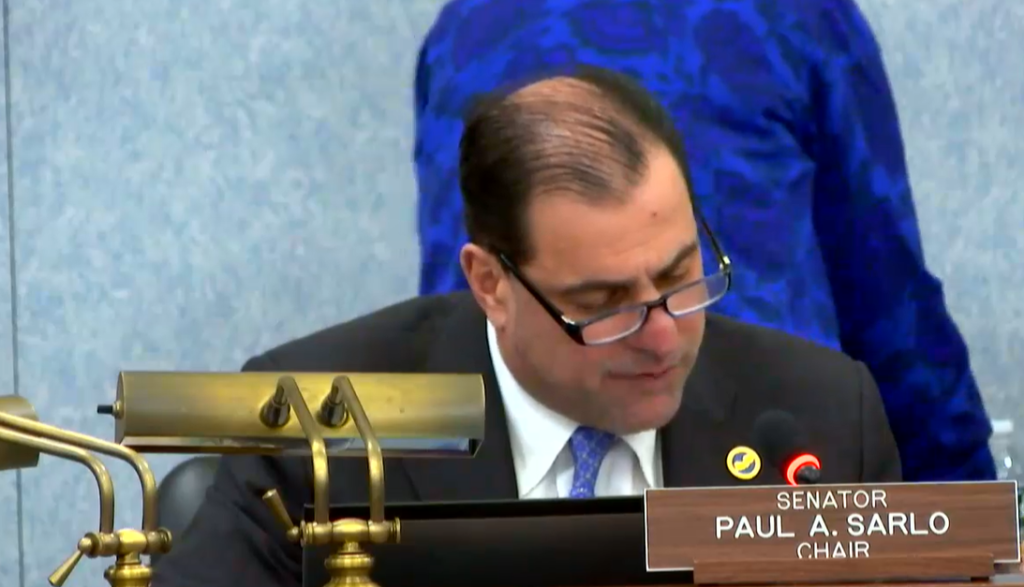Sarlo-Cryan Bill Would Extend Grace Period for Tax Appeals

Trenton – Acting to provide homeowners with more time to appeal tax assessments because of the disruption of the COVID crisis, the Senate Budget Committee today approved legislation authored by the committee’s chairman, Senator Paul Sarlo, and Senator Joe Cryan that would lengthen the deadline by as much as three months.
The bill, S-2387, would temporarily change filing deadlines for most tax appeals to July 1 this year and would require county boards of taxation to make decisions on the appeals by September 30. A property’s tax assessment is based on its value as of October 1 of the prior year. The deadlines to file appeals fall between April 1 and May 1 for most types of appeals and county tax boards normally have until June 30 to render decisions.
“The COVID shutdown made it difficult, if not impossible, for many taxpayers to file their appeals by the deadlines which normally fall between April 1 and May 1, a period when many government offices were closed to visitors,” said Senator Sarlo (D-Bergen). “This will provide tax payers more time to file appeals and ensures that decisions will be rendered this year so that successful appellants can receive refunds this year. This is a temporary move in response to the crisis we are all experiencing.”
The extension of the deadline to file an appeal of property tax assessments would be temporary only for tax year 2020.
“The extent and duration of the current public health emergency could mean that property tax appeals for the current tax year may not be resolved until 2021, which could create a backlog of appeals that may ultimately delay their resolution,” said Senator Cryan (D-Union). “This bill would establish a date certain for filing appeals so that residents and local officials can better manage their finances during these difficult times.”
The Chief Justice of the New Jersey Supreme Court issued an Order on March 19 indefinitely extending all filing deadlines for 2020 tax year appeals to the New Jersey Tax Court and the county boards of taxation. However, the extension has caused concern among both tax payers and local officials that many appeals may not be resolved until 2021, which could create a backlog, delay refunds and negatively impact municipal budgets. The bill would take effect immediately upon enactment and apply retroactively to April 1, 2020.
###








